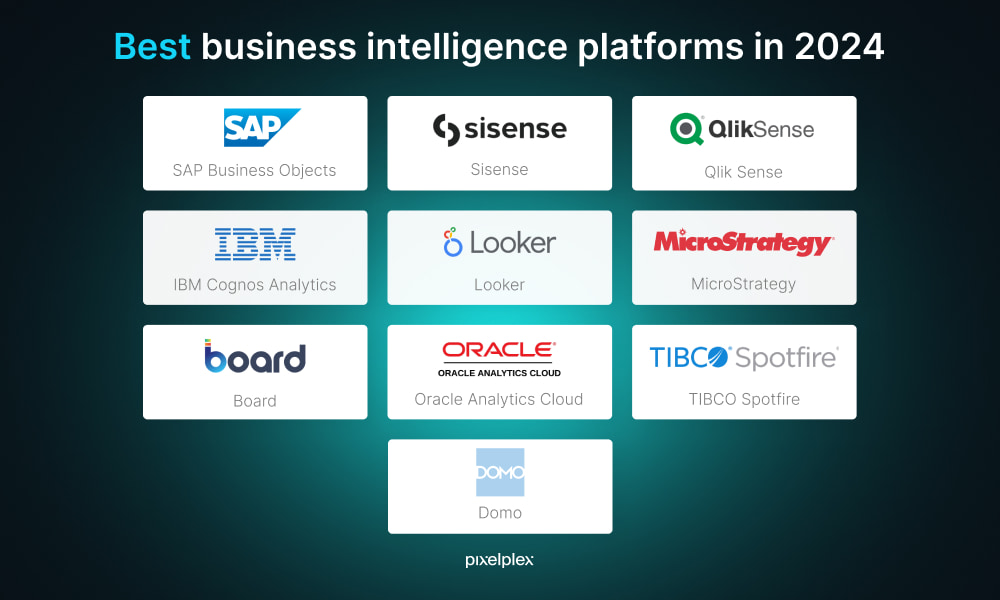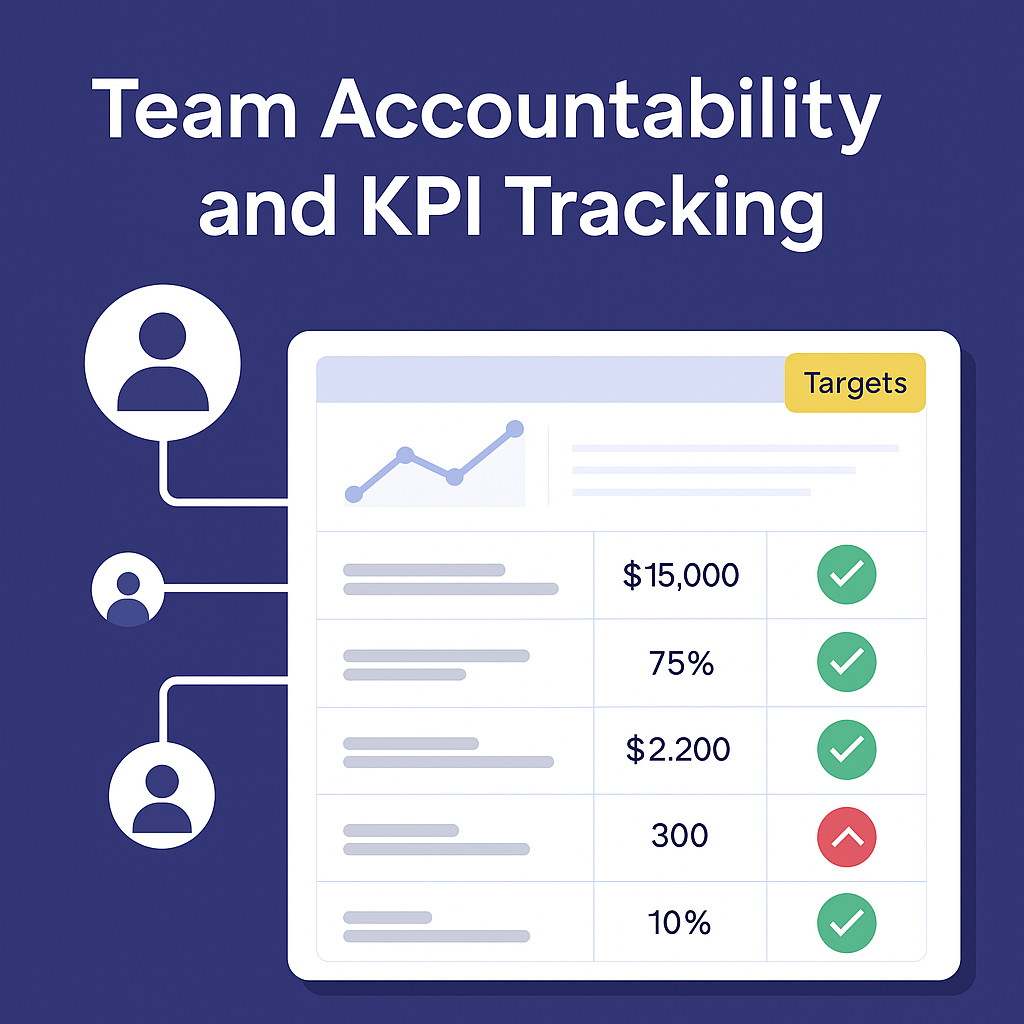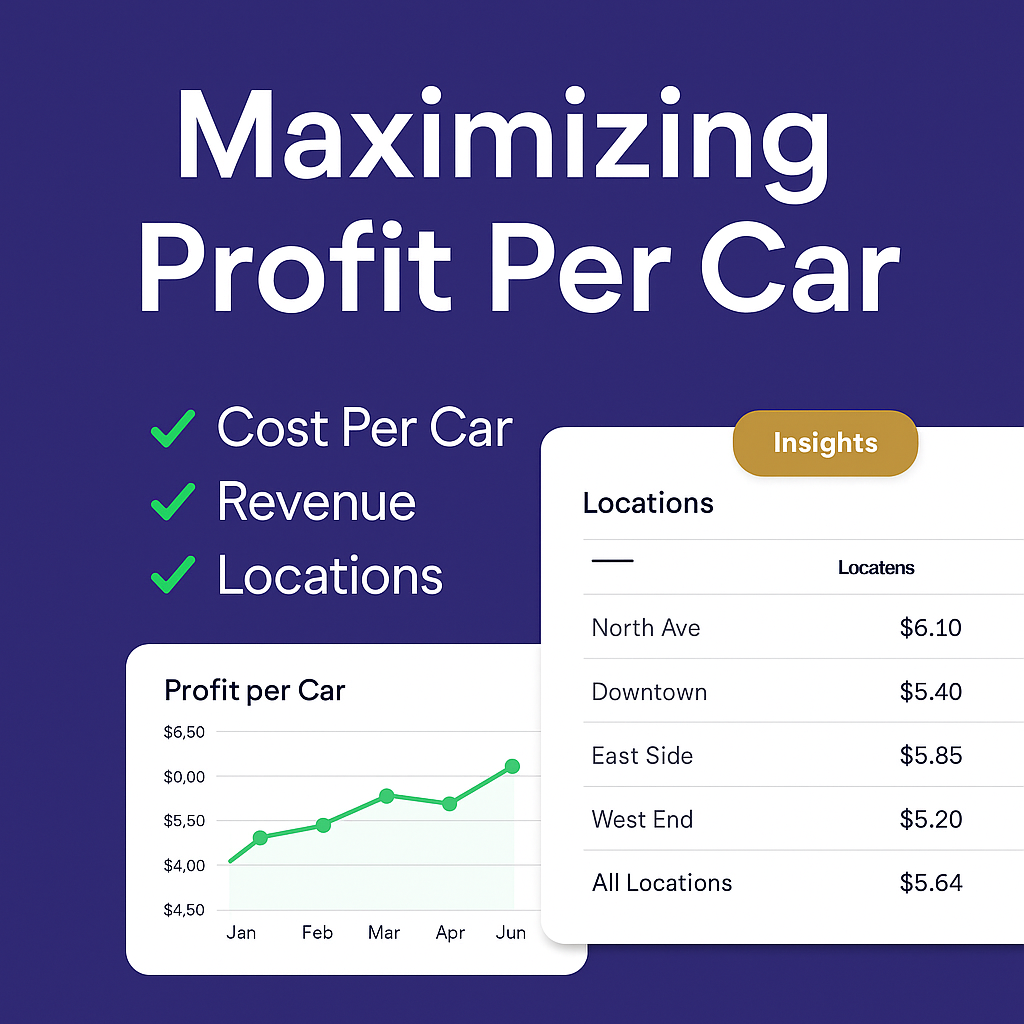
Selecting the right business intelligence platform is essential for effective data analysis in any organization. In today’s data-driven landscape, a robust BI platform transforms large data sets into actionable insights, enhancing decision-making processes. Regardless of whether you are a startup or an established enterprise, identifying the best BI solution tailored to your specific needs is crucial for staying competitive.
This guide highlights key factors to consider when choosing a business intelligence platform. We will discuss how to define your business needs and identify essential features. Additionally, we will evaluate the impact of data quality and overall costs. User experience and accessibility will also be emphasized, as they play a significant role in your selection process. By the end of this blog, you will possess the knowledge needed to confidently select a business intelligence platform that aligns with your organizational goals.
Defining Your Business Needs
Choosing the right business intelligence platform begins with a clear definition of your business objectives. It is essential to understand how BI tools can help you improve efficiency, gain better customer insights, and increase sales. Aligning your choice of platform with specific key performance indicators (KPIs) will ensure that your goals are met.
After identifying your main objectives, consider the data challenges faced by your organization. Evaluate the quality and availability of your data, and identify any existing silos. Data integration is a significant hurdle for many organizations—approximately 90% encounter issues that can negatively impact BI performance. If you find problems with data accessibility or inconsistent metrics, make addressing these a priority in your platform evaluation.
Involving stakeholders from key departments such as sales, marketing, finance, and operations is also critical. Their input ensures that the selected business intelligence platform meets the diverse needs of the organization and helps avoid biased selections that favor one department. Research indicates that 75% of successful BI implementations engage stakeholder input, leading to higher user satisfaction and better platform adoption.
In conclusion, clearly defining your business objectives, understanding your data challenges, and engaging stakeholders are vital steps in articulating your business needs. This foundational approach is crucial for selecting the right business intelligence platform and lays the groundwork for exploring its various offerings.
Understanding Business Intelligence Platforms
A business intelligence platform is essential for organizations aiming to collect, analyze, and visualize data from a variety of sources. Its primary objective is to transform vast amounts of data into actionable insights that facilitate decision-making and strategic planning. By streamlining the analysis process, these platforms allow users to concentrate on interpreting results rather than navigating the complexities of data management.
One of the key functions of a business intelligence platform is the aggregation of data from multiple sources, including databases, data warehouses, and cloud services. This integration simplifies data management and provides users with a comprehensive view of their operations. By consolidating data, BI platforms empower users to conduct in-depth analyses, gaining insights that can enhance business performance and offer a competitive advantage.
Another critical feature of business intelligence platforms is real-time data analysis. In today’s fast-paced industries, many organizations require immediate access to current information to quickly adapt to changing market conditions. Research indicates that approximately 74% of decision-makers believe real-time data analysis enhances strategic choices, underscoring the importance of selecting the appropriate BI platform. These platforms also include advanced visualization tools, which make it easier for users to understand complex datasets, identify trends, and capitalize on emerging opportunities.
As organizations increasingly value data-driven decision-making, understanding the functions of a business intelligence platform becomes increasingly important. Knowing the essential features to consider when choosing a BI platform will help ensure it aligns with your organization’s specific needs.
Key Features to Look For in a Business Intelligence Platform
When selecting a business intelligence platform, it is essential to focus on features that align with your organization’s needs. A suitable BI tool enables your team to derive insights that inform critical decisions. Here are the key features to consider:
Customizable dashboards play a vital role in any business intelligence platform. They allow users to monitor key performance indicators (KPIs) that are relevant to their roles. By tailoring dashboards, users can quickly access important data, enhancing productivity and efficiency.
Integration with existing data sources is another critical aspect. The best BI platforms connect seamlessly with your current systems, databases, and applications, consolidating data from various origins. This integration provides a holistic view of your business while ensuring compatibility with cloud services, on-premises databases, and spreadsheets to avoid data silos.
A user-friendly interface is crucial for enabling all team members to utilize the platform effectively, regardless of their technical expertise. A clear and intuitive interface facilitates data exploration, report generation, and insight extraction, reducing the need for extensive training.
Furthermore, the scalability of the platform cannot be overlooked. It should accommodate the growth of your business, managing larger data volumes and increased users without compromising performance.
Data visualization features also warrant attention. Advanced analytical tools and customizable visuals can simplify complex information, making insights more actionable for stakeholders.
Finally, collaboration tools within the BI platform enhance teamwork and promote data-driven decisions. Look for functionalities that encourage report sharing, commenting, and collaborative workspaces to improve communication across the organization.
As technology evolves, evaluating data quality and integration needs is essential for ensuring reliable insights and effective decision-making.
Evaluating Data Quality and Integration Needs
When selecting a business intelligence platform, prioritizing data quality is essential. High-quality data leads to accurate insights and informed decision-making, while poor quality can result in misleading conclusions that negatively impact performance. Research indicates that utilizing high-quality data can boost productivity by up to 30%. Therefore, a strong focus on data quality is crucial for organizations aiming for success.
Equally important is the effectiveness of ETL (Extract, Transform, Load) processes, which are critical for data integration. These processes enable businesses to gather data from various sources, cleanse it, and format it before loading it into a data warehouse or the BI platform for analysis. Well-designed ETL processes ensure data consistency and readiness for analytics, allowing organizations to derive actionable insights from their data.
The capability of a business intelligence platform to facilitate seamless data integration is vital. A platform that connects easily with existing data sources—whether they are cloud-based, on-premises, or hybrid—significantly boosts BI capabilities. Platforms featuring built-in connectors for different databases and applications can save time and resources in managing data flows. This integration is particularly important because 79% of organizations report challenges in managing data from multiple sources.
As you evaluate business intelligence platforms, consider how well each option addresses your data quality and integration requirements. Striking the right balance between these factors will enhance your analytics process and prepare your data strategy for future growth. Additionally, as you move toward making an informed choice, user experience and accessibility will be increasingly critical in maximizing the effectiveness of your business intelligence platform.
User Experience and Accessibility
User experience is essential for the successful adoption of any business intelligence platform. An intuitive design not only allows users to navigate the tool with ease but also minimizes the learning curve, leading to more frequent usage. A user-friendly interface simplifies data access and analysis, which ultimately enhances decision-making across the organization.
Moreover, mobile access has become a crucial element of any BI platform. In today’s mobile-first world, the ability to access BI tools on smartphones and tablets empowers users to make informed decisions anytime, anywhere. This flexibility ensures that insights are readily available beyond traditional desktop environments, fostering real-time data analysis and enabling quick responses to evolving business needs.
Another important feature is self-service analytics. Business intelligence platforms that empower users to create their own reports and conduct analyses independently significantly reduce the dependency on IT support. This capability not only enhances user autonomy but also accelerates the analytical process, which is vital in today’s fast-paced business landscape. By promoting an environment where data-driven decisions are the norm, organizations can boost employee engagement and overall productivity.
In summary, when evaluating a business intelligence platform, it is crucial to focus on user experience and accessibility. Key aspects such as intuitive design, mobile capability, and strong self-service options all contribute to higher user adoption, maximizing the platform’s effectiveness in providing valuable data analysis and insights.
As we consider the future, it’s important to keep in mind that while user experience plays a pivotal role in the effectiveness of a business intelligence platform, cost considerations also hold significant weight. Ensure that your selected solution aligns with both your business strategy and budget, fostering an environment where data-driven insights can thrive.
Cost Considerations When Choosing a Business Intelligence Platform
When selecting a business intelligence platform, understanding the total cost of ownership (TCO) is crucial. TCO includes more than just the initial purchase or subscription fees; it encompasses hidden costs such as maintenance, training, and upgrades required as your business expands. Identifying these expenses early helps prevent unexpected costs later on.
Companies typically face a choice between subscription models and one-time licensing fees. Subscription plans provide flexibility and lower upfront costs, allowing for usage scalability based on needs. However, over time, these recurring fees may exceed the total cost of ownership of a one-time license. While the latter appears cheaper initially, it often comes with higher upfront costs and additional expenses for updates and ongoing support.
Scalability is another critical aspect to consider. A robust business intelligence platform should grow alongside your organization, effectively managing increasing data and user demands without incurring substantial additional costs. This adaptability is essential for strategic long-term planning and aligns with your evolving needs.
By evaluating these factors thoroughly, businesses can make well-informed decisions. Striking the right balance between initial costs and future growth potential ensures that the chosen business intelligence platform will effectively meet both current and anticipated requirements.
Once you grasp the cost components associated with selecting a business intelligence platform, it is also helpful to examine real-world applications of BI. Observing how various industries leverage business intelligence provides valuable insights that can guide you in choosing the most suitable tool for your organization.
Real-World Applications of Business Intelligence Platforms
Business intelligence platforms play a crucial role in various industries by providing data visualization and analytics tools that streamline operations and enhance strategic decision-making. By understanding their applications, businesses can leverage these platforms to optimize processes and boost performance.
In the car wash industry, platforms such as WashMetrix illustrate the effectiveness of business intelligence. Operators can analyze customer behavior and workflow, leading to improved services and heightened customer satisfaction. Additionally, these platforms extend their utility to financial management, enabling businesses to track critical metrics and forecast revenue accurately.
Moreover, advanced business intelligence solutions offer robust forecasting and trend analysis features. Organizations can delve into extensive historical data to identify patterns, which inform future strategies. For example, with predictive analytics available on a business intelligence platform, companies can anticipate seasonal shifts in demand, optimizing staffing and inventory accordingly. This not only enhances operational efficiency but also drives profitability.
In summary, the applications of business intelligence platforms are broad and impactful. They empower industries, such as car wash services, to achieve operational efficiencies while making informed, data-driven decisions. As the importance of data continues to grow, selecting the right business intelligence platform becomes essential for sustainable development.
After examining the advantages of business intelligence capabilities, the next step is to choose the appropriate BI vendor. This decision will greatly affect your ability to harness the full potential of these platforms, ensuring that you receive solutions aligned with your specific business requirements.
Choosing the Right BI Vendor
Selecting a business intelligence platform vendor is crucial for your BI initiatives. A strong vendor not only offers a powerful platform but also provides the support services essential for enhancing your business intelligence strategy.
Start by checking the vendor’s reputation. Consider their industry experience, past case studies, and user feedback. Customer reviews give you valuable insights into user satisfaction and platform usability. High ratings in these areas often indicate a vendor’s commitment to delivering an excellent experience.
Beyond software provision, a trusted partner delivers long-term support, essential as your business evolves. Choosing a vendor that can adapt and grow with you enriches your BI journey and bolsters ongoing success.
In the realm of business intelligence, vendor support services such as training, troubleshooting, and regular updates are critical to the platform’s effectiveness. Companies with solid support can experience efficiency boosts of up to 40%, underscoring the significance of this partnership.
Ultimately, the right BI vendor will act as your ally in analytics, guiding you through the complexities of data integration and application. This support will empower your company’s ability to make data-driven decisions effectively.
Conclusion
Choosing the right business intelligence platform is crucial in today’s data-driven environment. This article outlined essential steps to evaluate your business needs and explore the key features of various BI solutions. We emphasized the importance of data quality, user experience, and cost considerations to ensure your selected platform aligns with your organizational objectives.
Now is the time to take action. Assess your requirements, review different platforms, and engage with vendors for personalized solutions. A well-chosen business intelligence platform not only enhances decision-making but also drives your business’s success.
Investing in a BI platform goes beyond a simple technology upgrade; it is a strategic move to foster a data-driven culture that equips your team for success. Use the insights shared in this post to make an informed decision that will improve your business operations.
About WashMetrix
WashMetrix is a cutting-edge business intelligence platform tailored specifically for the car wash industry, providing powerful data analytics to improve financial oversight and operational efficiency.
By centralizing key metrics from various systems into one easy-to-use dashboard, WashMetrix empowers car wash operators to visualize performance indicators and make data-driven decisions that enhance profitability and operational performance.
Discover how WashMetrix can transform your car wash business by visiting washmetrix.com today!




